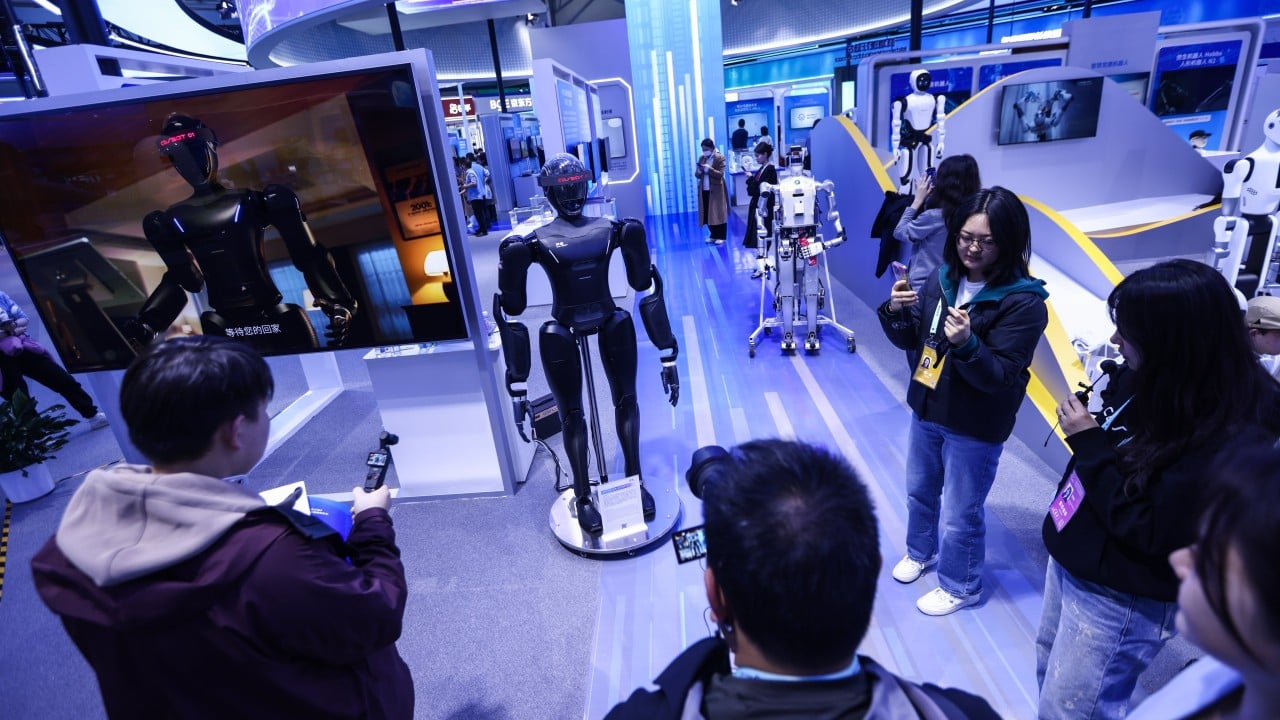
At the 2025 Zhongguancun Forum & a global platform attracting over 100 countries and 1,000 speakers to discuss frontier technologies like AI models, embodied intelligence, and quantum computing & experts grappled with a paradox: while AI has reshaped scientific tools, the process of discovery itself remains stubbornly human.E Weinan, a member of the Chinese Academy of Sciences and a dual-appointed professor at Peking University and Princeton University, framed the challenge during his keynote address. "We still don't have a proper large language model for science," he stated at the packed AI for Science session.
"We are entering an era where we must fully leverage the holistic resources, including the integration of data, computing power, and talents," E added.Notably, the term "AI for Science" lacks a Chinese equivalent, reflecting its emergent status despite China's early strategic plan in this domain as early as 2017, according to E's report.It is not a new term, and the emerging LLMs are prompting experts to argue for a transformative revolution in science, yet it has not come to its "DeepSeek moment."According to Zhou Bowen, director of Shanghai Artificial Intelligence Laboratory, existing LLMs have transformed research tools, study subjects, and the research, yet true scientific revolution requires end-to-end enhancement. However, academicians are working closely with engineers and colleges.
At the session, Zhang Linfeng, the founder and chief scientist of DP Technology, introduced a first-of-its-kind platform for automated cross-disciplinary experiments.Headquartered in Beijing, DP Technology is pioneering the AI for Science revolution, developing cutting-edge platforms like Bohrium Scientific Computing Space Station and the Science Navigator AI platform to bridge fundamental research with industrial applications, accelerating breakthroughs in drug discovery, materials science, and energy technologies through its unique integration of AI, physics modeling, and high-performance computing."This wave of AI for Science will revolutionize R-D capabilities through systemic augmentation.
Such systematic enhancement will break efficiency bottlenecks across pharmaceutical, materials, chemical, and process engineering domains, enabling large-scale, target-driven production of drugs and advanced materials," Zhang said in an interview.Another report released at the event is the latest edition (2025 March) of China's AI for Science Innovation Map by China Institute of Science and Technology Information (CISTI).
The report highlights China's vast scientific data resources and sustained efforts in data infrastructure development, with 20 national scientific data centers now operational nationwide.
However, it notes persistent gaps in AI readiness due to high data acquisition costs, inconsistent formats in engineering fields, and sensitivity constraints in certain scenarios.The study further reveals that China and the U.S.
lead globally in co-authored publications and citations within AI for Science, serving as each other's primary collaborator across disciplines.
It recommends prioritizing research collaboration in life sciences, earth sciences, and materials science & the fields exhibiting the highest global collaborative activity.

 9
9
















